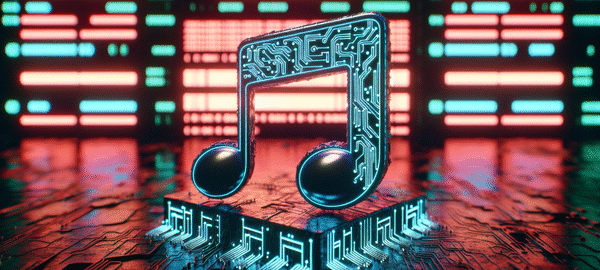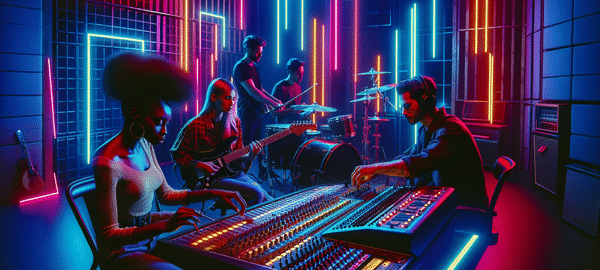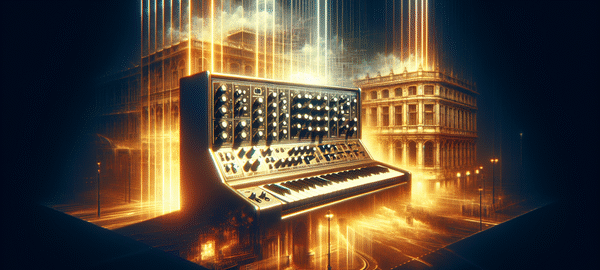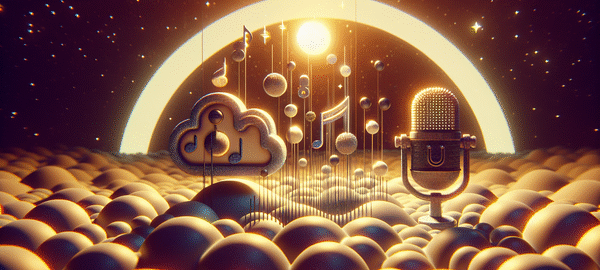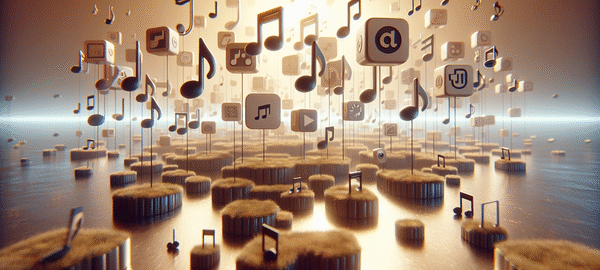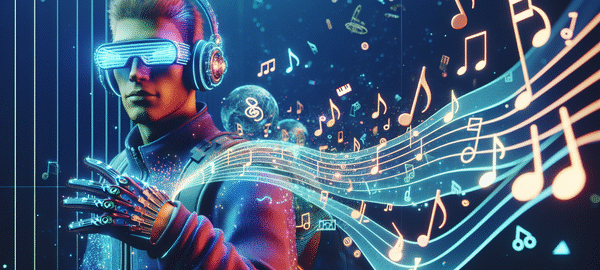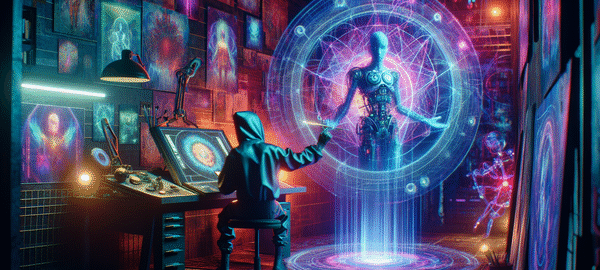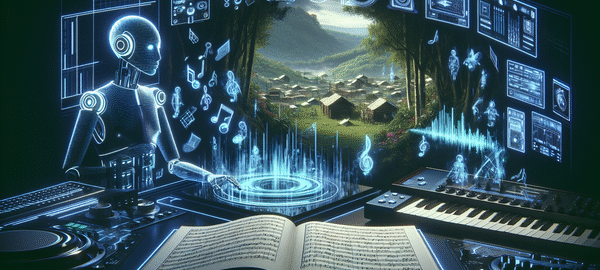Spotify’s groundbreaking AI policy will forever transform how we discover new music. In a shocking revelation, Spotify announces game-changing AI policies that will revolutionize how we interact with new music. While recent DJ-focused updates sparked excitement, these latest changes promise to fundamentally reshape the streaming landscape through AI detection and fraud prevention. As a performer who’s recorded with major artists, I’ve witnessed firsthand how AI can both enhance and complicate the creative process. Last month, I accidentally stumbled upon an AI clone of my voice on Spotify – talk about a surreal moment! It really drove home why we need these new protections. Spotify’s New Music AI Policy Takes Center StageHold onto your headphones, because Spotify just dropped some major updates to their AI policy that are going to change everything about how we experience new music. The streaming giant is rolling out an industry standard called DDEX for identifying and labeling AI music in credits, ensuring total transparency about how AI is used in creating tracks.The tea gets even hotter – Spotify’s bringing in a sophisticated music spam filter this fall to catch those sneaky AI-generated tracks flooding the platform. And get this: They’ve already got 15 labels and distributors on board to implement the new DDEX system! It’s wild to think that rival platform Deezer is seeing over 30,000 AI-generated tracks uploaded daily.But here’s the real game-changer – Spotify’s putting their foot down on unauthorized AI voice clones and deepfakes. These new policies aren’t just about labeling AI music; they’re about protecting artists’ voices from being used without permission. Charlie Hellman, Spotify’s VP, made it crystal clear: they want to support creative AI use while aggressively protecting against misuse. Shape Tomorrow’s Musical LandscapeThe future of new music stands at a fascinating crossroads between human creativity and artificial intelligence. As artists and listeners, we have the unique opportunity to help shape how this technology evolves in the music industry. What role do you think AI should play in music creation? Share your thoughts and let’s explore this brave new world of sound together. Quick FAQ GuideQ: How will Spotify identify AI-generated music?A: Spotify will use the DDEX industry standard system, where labels and distributors submit standardized AI disclosures in music credits, detailing AI usage in vocals, instrumentation, and production.Q: What happens to unauthorized AI voice clones on Spotify?A: All unauthorized AI voice clones, deepfakes, and vocal replicas will be removed from the platform as they violate Spotify’s new policy.Q: How many AI-generated tracks are uploaded to music platforms daily?A: According to Deezer’s data, over 30,000 fully AI-generated tracks are uploaded to their platform daily, indicating the scale of AI music creation.
